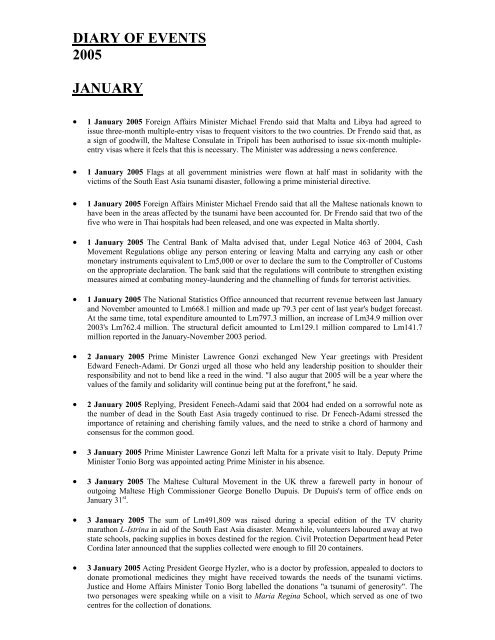
Title: Criminalizing Care: An Escalating Crisis for Physicians in the U.S.
In a revealing discussion on the KevinMD Podcast, Dr. Muhamad Aly Rifai, an internal medicine physician and psychiatrist, explores a concerning trend affecting healthcare providers: the rising criminalization of medical practice. Drawing from his widely referenced article “Criminalizing care: How the system turned on physicians,” Dr. Rifai describes how intricate patient care decisions are being misconstrued as criminal actions, resulting in dire repercussions for both physicians and their patients.
A Transition from Trust to Prosecution
Traditionally, physicians have been regarded as trusted figures within society. Notably, four doctors—including the founder of American psychiatry, Dr. Benjamin Rush—were signatories of the Declaration of Independence, emphasizing the profession’s essential role in U.S. democracy. However, Dr. Rifai contends that this trust is diminishing, as medical practitioners increasingly become targets under extensive legal frameworks such as the Controlled Substances Act and health care fraud laws.
More frequently, physicians are facing federal scrutiny for decisions related to prescribing drugs or their understanding of billing codes—areas marked by complexity, subjectivity, and shifting standards.
Case Studies: When Medicine Encounters Prosecution
Dr. Rifai outlines several concerning cases:
– One case involved a neuropsychiatrist managing patients with intricate neurological and psychiatric conditions using pain medications. Following two patient fatalities, the doctor was charged with homicide. Although he was ultimately acquitted after a lengthy three-and-a-half-year trial, the emotional, professional, and financial impacts were significant.
– Dr. Rifai himself faced accusations—and was later fully cleared—of health care fraud due to the prosecution’s reliance on outdated CPT (Current Procedural Terminology) codes. A pivotal moment in the trial occurred when the government’s own primary witness retracted their support for the prosecution’s argument.
– Another incident shares the story of a Syrian American physician in Kentucky, Dr. Kassis, who faced prosecution for supposed “pill mill” operations and health care fraud over claims amounting to just $60. His community supported him, resulting in a complete acquittal.
The Systemic Challenges
The issue extends beyond isolated cases or overzealous prosecutors. Dr. Rifai points out systemic challenges:
– Aggressive Targeting: Physicians are often labeled with derogatory terms (“dirty doctors”) prior to any legal determination, irreparably harming their reputations.
– Inherent Biases: Minority physicians, in particular, experience heightened rates of prosecution, often due to confirmation bias and assumptions about their capability to defend themselves.
– Disproportionate Legal Dynamics: Merely 0.4% of federal criminal defendants are acquitted. Prosecutors wield extensive resources, whereas most physicians find it difficult to establish a robust defense.
– Coerced Plea Bargains: Even innocent practitioners frequently accept guilty pleas to evade potentially harsher penalties, highlighting a justice system that values speed over equity.
Preventive Strategies: How Physicians Can Safeguard Themselves
Dr. Rifai proposes actionable measures for physicians to defend against unjust prosecution:
1. Importance of Perception: Keep a well-organized, properly managed clinic environment. A tidy space can counteract negative biases.
2. Compliance Initiatives: Conduct external audits, maintain detailed records, and perform regular chart assessments with compliance professionals.
3. Addressing Warning Signs: Examine and record any atypical findings in care practices or prescriptions. Seeking an external review indicates awareness and proactive behavior.
4. Legal Preparedness: If an investigation is in progress, obtain immediate legal counsel. Avoid engaging authorities without legal representation.
5. Self-Protection: Acknowledge that the healthcare system, as it stands, may not prioritize the presumption of innocence for physicians. Vigilance is crucial.
Appeal for Reform
In addition to individual strategies, systemic reform is vital. Dr. Rifai calls for:
– More transparent regulatory standards
– Accountability for prosecutors
– Revisions to the DEA’s investigative approaches
– Equitable application of constitutional protections
He describes this initiative as an effort to “end the war on healers.”
Conclusion: Navigating Safety and Justice
While investigating true malpractice or illegal conduct is essential, the current prosecutorial atmosphere threatens to penalize physicians for exercising medical judgment in difficult situations. As Dr. Rifai points out, the aim should be to safeguard both patient safety and the constitutional rights of physicians. The medical field cannot flourish in a culture of fear, nor can healthcare quality be upheld when trusted practitioners are wrongfully forced out of their professions.
As a society, we need to reassess how we achieve a balance between accountability and empathy—recognizing that medicine and law should work together, not against each other, in serving the public good.
—
Listen to the complete interview on The Podcast by KevinMD or view it on YouTube: https://www.youtube.com/embed/B-D2K-ASfpE
Read Dr. Rifai’s complete article: Criminalizing care: How the system turned on physicians – KevinMD
Sponsored by: Microsoft Dragon Copilot – your AI-assistant